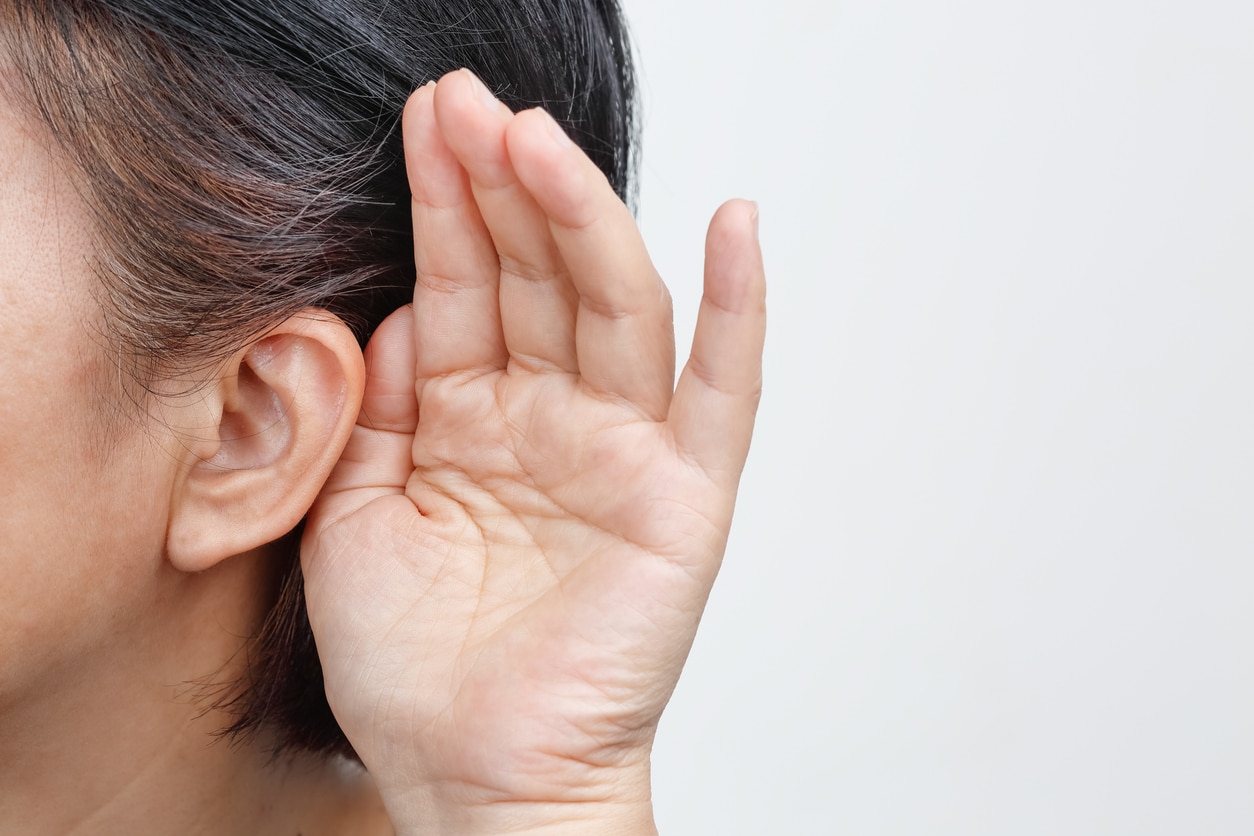Nearly 15% of American adults have reported some trouble hearing. During your first appointment with a hearing specialist, they will perform a hearing test to determine the extent of your hearing loss. Knowing the exact type is essential for choosing the best way to manage hearing loss. This appointment is a great time to come prepared with questions to help you better understand your hearing.
Consider asking the following questions:
What Type of Hearing Loss Do I Have?

Why it matters:
- It helps pinpoint whether your hearing loss is due to age, noise exposure or an underlying medical condition.
- It shows which frequencies or sounds are hardest for you to hear, like birdsong or traffic noise.
- It directs decisions about hearing protection and treatment options tailored to your condition.
How Does My Daily Life Affect My Hearing?
From Rockport Farmers Market to live outdoor music, there are a variety of activities in the area. Sharing your typical lifestyle helps your audiologist identify environmental risks to your hearing.
Why it matters:
- Local events and construction zones can expose you to harmful noise levels.
- Your specialist can recommend custom ear protection or situational strategies, especially if you work in industries like hospitality, music or agriculture.
- Lifestyle-based advice ensures your hearing care fits seamlessly into your daily life.
Are There Hearing Aids That Suit My Lifestyle?
If your hearing test indicates that you’d benefit from hearing aids, your audiologist can introduce you to options that match both your hearing needs and your preferences.
Why it matters:
- Some models are discreet and designed for active lifestyles.
- Features like Bluetooth® connectivity or waterproofing may be helpful depending on how you use your devices.
- You’ll receive guidance on choosing a device that balances performance, comfort and aesthetics.
Can You Evaluate for Balance or Tinnitus Issues?
Don’t forget to bring up symptoms like dizziness or persistent ringing in your ears, these could be signs of other conditions linked to hearing health.
Why it matters:
- People working in physically demanding or noisy jobs may be at higher risk for these issues.
- Identifying vestibular or tinnitus symptoms early can lead to better outcomes.
- Your provider can develop a plan for managing or treating these related concerns alongside hearing loss.
Other Helpful Topics to Discuss
To get the most out of your visit, consider bringing up these additional points:
- How often should you schedule follow-up appointments
- Best practices for cleaning and maintaining your hearing aids
- Whether mobile apps or tools can enhance your device usage
- Strategies for getting the most out of your hearing aids in different environments
Your first appointment is more than just a test, it’s the beginning of a personalized care plan designed to improve how you interact with the world around you. With the right questions and guidance, you’ll walk away with clarity and resources.
To learn more or book your consultation, contact Gary D. Schwartzberg, Au.D., Doctor of Audiology and take the next step toward healthier hearing.